|
with Michelle Cameron Tales of Time We shared our stories about the power of time today. There were some compelling stories – some funny, some extremely gritty and dark. A great many of them were not finished – which is something I want to address below. (Don’t worry - it’s not a problem…) The Use of Emotion in StoriesWe then talked about the fact that different characters in a story will feel differently about a certain event. We used the example of being imprisoned in a dungeon – how the prisoner might feel vs. the emotions of the person who imprisoned them. I also asked if anyone kept a diary. Some do. We discussed the fact that you’ll share your thoughts and emotions in a diary more readily than anywhere else. Then I said – we’re going to write in sprints today – short, concentrated writing in 5-10 minute segments. And I revealed our plot: Oh no! The King has been turned into a dragon! I then revealed the first set of characters that the children wrote diary entries for – the Queen and the Prince. They got to pick which of the two they wanted to write about: They wrote for 10 minutes and shared a couple of the stories. Then we introduced the next two characters – the Evil Magician and the Potion Maker: And then the final pair – the brave knight and the court jester: They didn’t finish the diary entries before I made them move on, but they should have a good enough start to keep going. I’d like all three finished by the time we meet again. Finish and Revise and Piece of Writing In addition, I’d like them to finish a piece of writing that they feel is their best work so far. Please have them type them up and bring them in after the break. This is the start of our revision process before we decide what they are going to publish and/or read at our last meeting. I’m going to start working with them on these pieces in the coming few weeks. Do let them know that they may still opt for something they write later in the class as well!
0 Comments
with Michelle Cameron Fairy Tales Retold 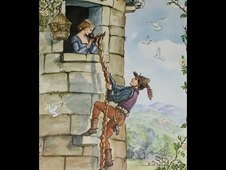 We had some wonderful retelling of fairy tales today:
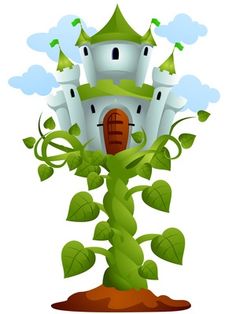 There were some particularly fine touches to these stories, including:
The Power of Time I began a discussion of the power of time by asking who had trouble getting up today. I’m sure you won’t be surprised to learn that almost everyone did! So I asked – if you woke up one morning and found you had the power of time, what could you do? Their answers:
They spent some time at the end of class beginning a story in which they (or their characters) have the power of time. I’m looking forward to hearing what they bring in next week! with Michelle Cameron Poetry Reading Because I’d like to hold a reading with your young writers at the end of the session, and because poetry is such a natural for reading aloud (especially when standing) I decided that it was a good time for them to begin to practice. We talked about speaking loudly, slowly, and with expression. We did have some very dramatic readings! It was hard for some of them to pick their heads up and some huddled over the pages. We’ll do this a couple of times before the official reading to get them used to it. Of course, we also critiqued their poems together. Some were quite remarkable! Thanks to all the parents who helped with this exercise. As they worked on their next piece, I called most of them over for a brief one-on-one conference. If your child didn’t get a chance to talk to me, it was mainly because their poems were in their writing notebooks. If those students would type up their poems so I can review them , that would be helpful. Everyone else should have some small suggestions to work through on their poems for next week. Fairy Tales Retold 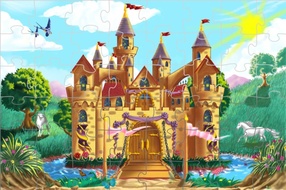 This week we talked about fairy tales and the fact that all of them are told from the point of view of the heroine or hero – none from the villain’s perspective. We discussed the fact that people don’t wake up in the morning with the idea that “I’m going to do something bad today.” Even villains have a reason for what they do. And sometimes telling a story from a side character’s point of view – such as the pumpkin coach in Cinderella – can make the story totally new. They then started writing their fairy tale from another character’s point of view. Because I met with them on their poems, they may have already finished their story in class. If so, they get to focus on the work on their poem. But if they haven’t finished, they should go ahead and do so for this week’s homework. They were already excited about what they’d written at the end of class and even started sharing with their friends. I’m looking forward to seeing what they’ve done! with Michelle Cameron Letters From/To the World!  A great batch of letters from (and even to) the world the writers created last time! Many included specific details from our world-building exercise. The students agreed that the most successful were very specific – in terms of names, descriptive qualities, etc. They thought that those that compared life on the new world to life on Earth were easiest to relate to. And the very best of the stories managed to integrate those details in some sort of narrative – whether that was simply the idea of travel to the new world, or a more complex plotline that was captured in the letter. We did manage to get through all of the letters in good time today! Which left plenty of time for our next prompt. Music as Inspiration  Music can be a wonderful source of inspiration. If your child (or you!) is blocked and don’t know where to start writing, putting on a piece of music can help get things going. The best pieces of music are lyric-free (the lyrics can clutter a writer’s mind) and should be the right tone for the piece being written. In this case, I chose an “other worldly” piece that you can hear on Youtube, called Fired Earth Music - The Other World (Mark Petrie - Epic Heroic Orchestral). I was delighted by their reaction to the music – they were enthusiastic about writing as they listened and all felt that it helped immerse them in their worlds. Before listening, we talked about using their senses in writing descriptive passages. Many of them included senses other than sight in their imagery and stories. 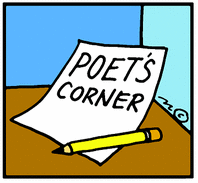 Once they completed these and we read them all, we talked about poetry. I explained that:
I asked them to take the piece they wrote to music and turn it into a poem. We began this in class and I had to model this for several of them. If they need some models while they’re home, you might show them some of the poems on this website: https://www.poets.org/poetsorg/text/poems-kids. Their poems can be narrative or lyrical. They can feel free to build on the piece they wrote in class – especially those whose pieces are relatively short. It’s okay for them to change what they wrote as well. |
Categories
All
Archives
May 2016
|

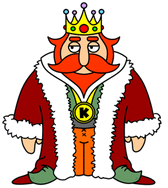

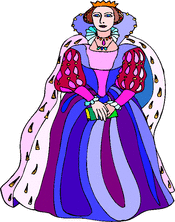
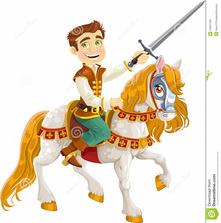

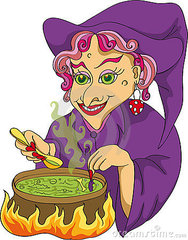
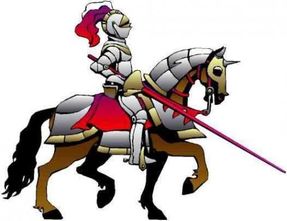
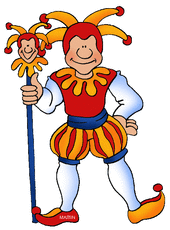
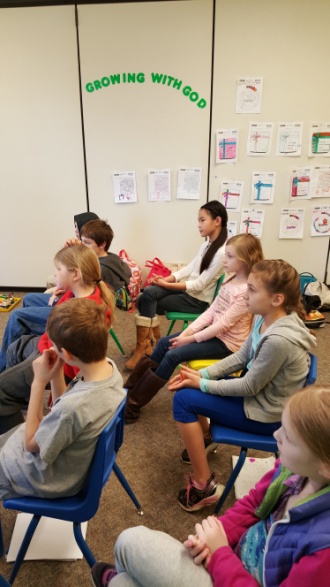
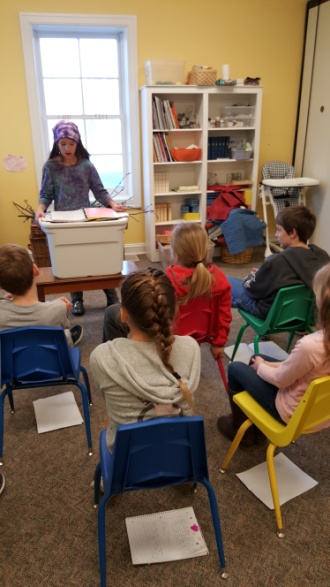
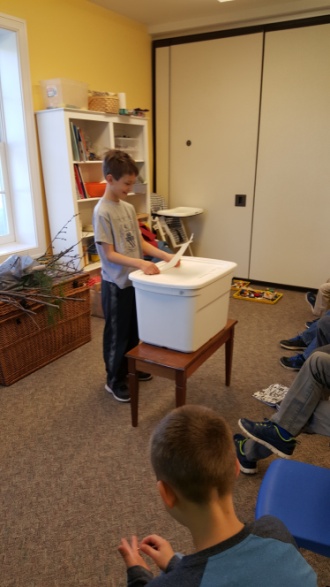
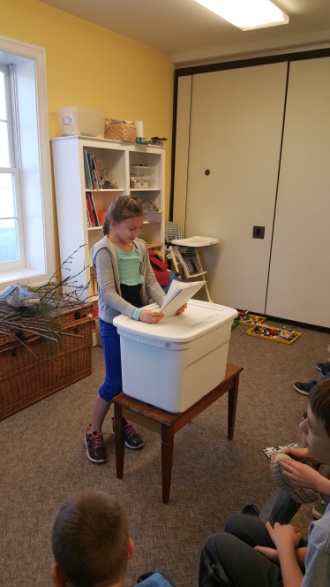
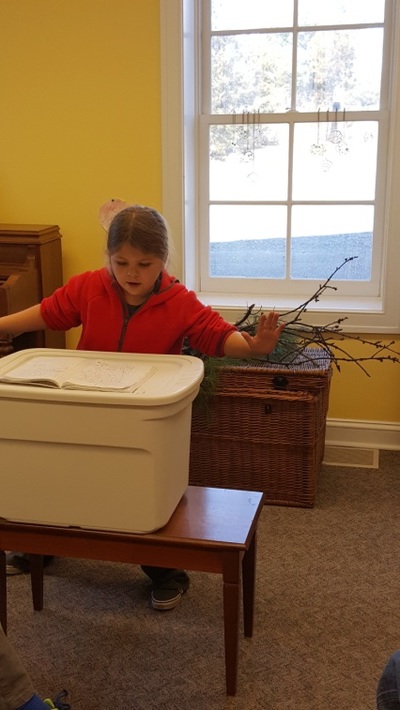
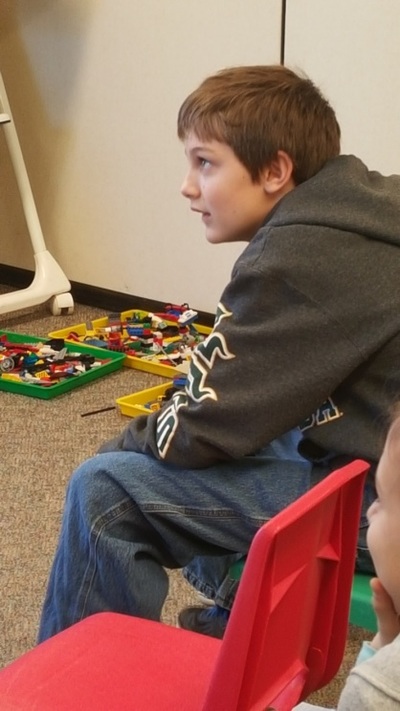
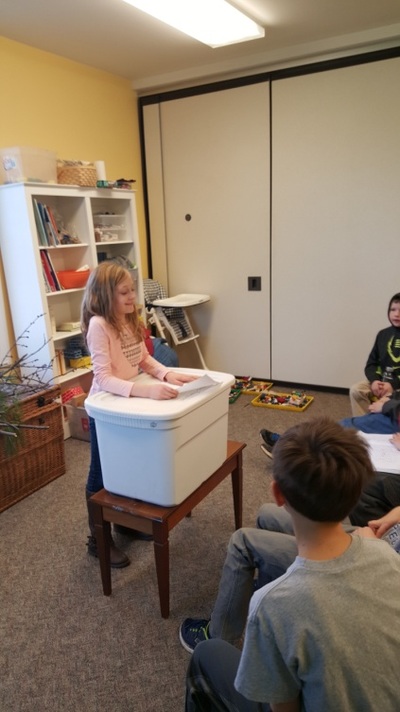
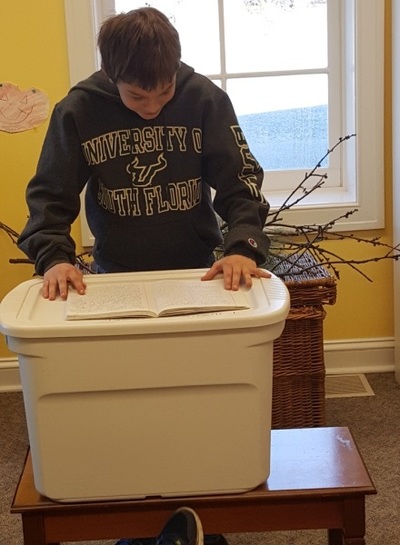
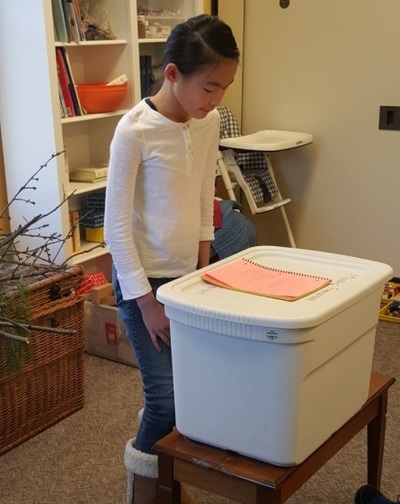
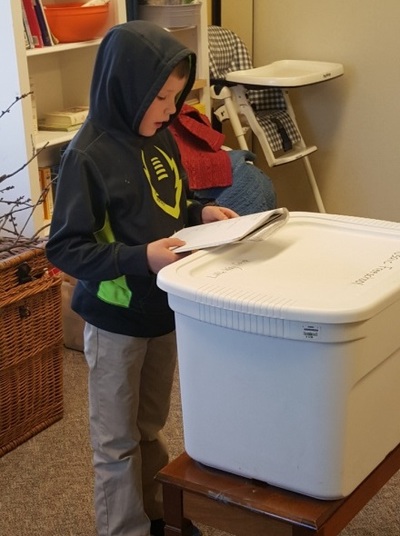
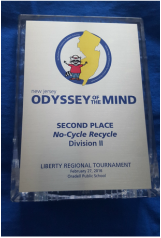
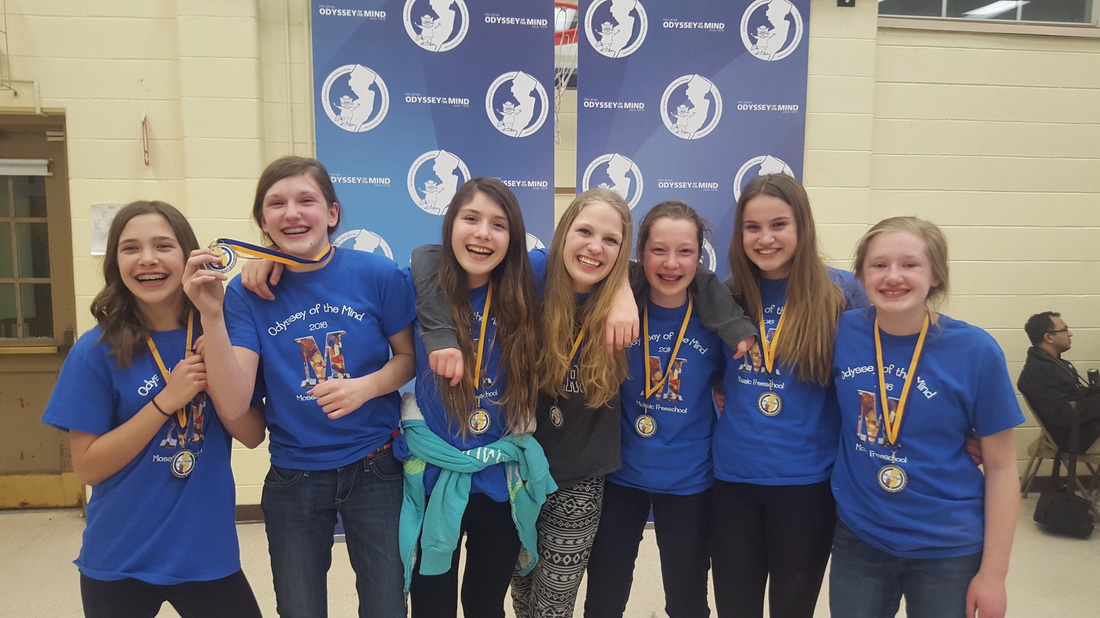
 RSS Feed
RSS Feed